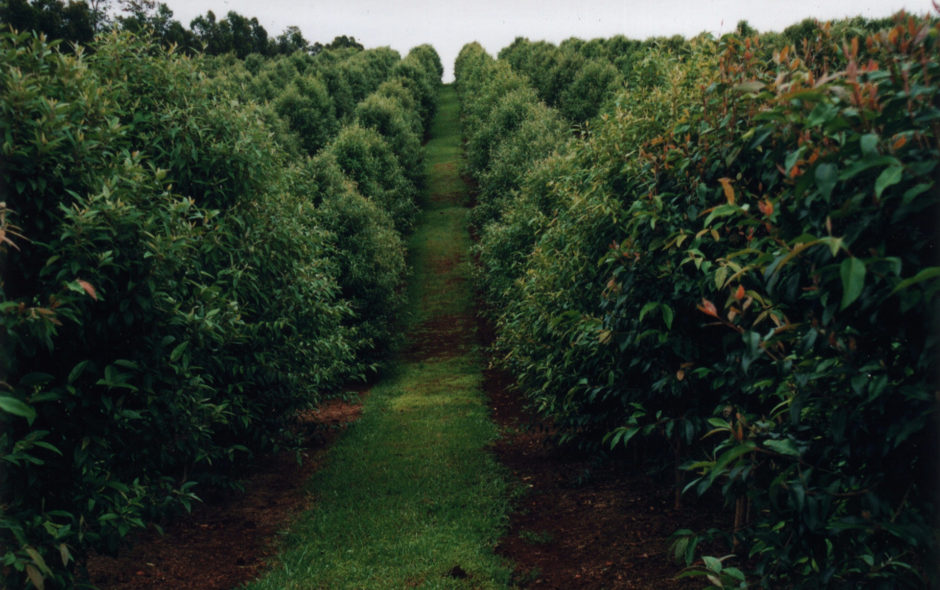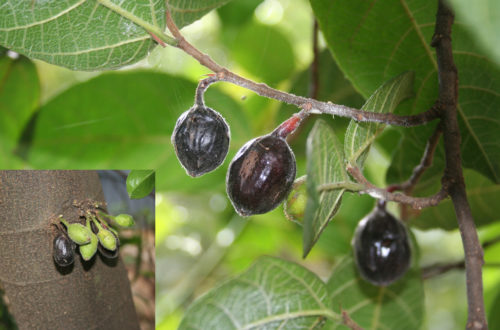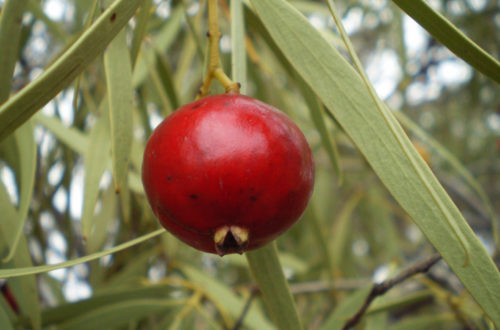It is interesting to note that Homo sapiens sapiens is the only surviving member of the genus today so our endurance may appear noteworthy. Alternatively, we may have directly wiped out our direct ancestors as the top predator on the planet.
We also know that we have the smallest genetic diversity of all the remaining Great Apes, which suggests that at some time or over a long period there were significant, global population reductions after cataclysmic events. These may have been local such as the Toba super-eruption in Sumatra, Indonesia, approximately 70,000 years ago, or global as with the beginning of the last Ice Age. Following these, a smaller group of survivors repopulated their numbers and continued to spread around the world.
This transcript of an interview with Steven Pinker on the evolution of the mind provides an interesting insight into our evolution.
So it came to pass that after 60,000 years from the first arrival, Indigenous Australians developed their traditional lifestyles as one of 600 clans across the continent. Different land management practices were evident and even today, foraging strategies were particular to the climate on the clan’s territory.
In the desert areas, the day’s activities were directed at foraging and hunting in areas where rain was known to have fallen a season or months, possibly weeks beforehand. This increased the chances of finding key food species in abundance.
In less arid zones and up into the wet tropics there was a different strategy. Families directed their food collections by heading to an area where a particular food was known to be available at the specific time of year. Other foods were found along the way.
Remarkably, even in what can be described as the world’s harshest, inhabited environments, Indigenous Australians achieved 70 to 80 years of age at a time when Europeans would be fortunate to reach 50.
The Aboriginal culture is definitely under-valued by most of us. And yet it offers insights into ways of interacting with our environment and each other that have survived the test of time.
Aborigines were polyglots, speaking 3 to 5 languages fluently and these languages were as different as English is to Arabic, Russian or Cantonese.
They retained an encyclopedic memory (nothing written) of human relationships, their own and their neighbours’ foods, medicines, environmental history and even the medicines, foods and habits of the animals they hunted for meat.
Resources were micro-managed so that the species themselves retained sufficient genetic diversity as to be able to resiliently respond to foraging pressure and physical influences eg flooding, erosion and fire.
Theirs is the longest living culture on the planet spanning some 60,000 years across Ice Ages, wildfires and human conflict. Can we afford to ignore the lessons they learned just because of our religious pursuits of personal abundance, technology and money?



